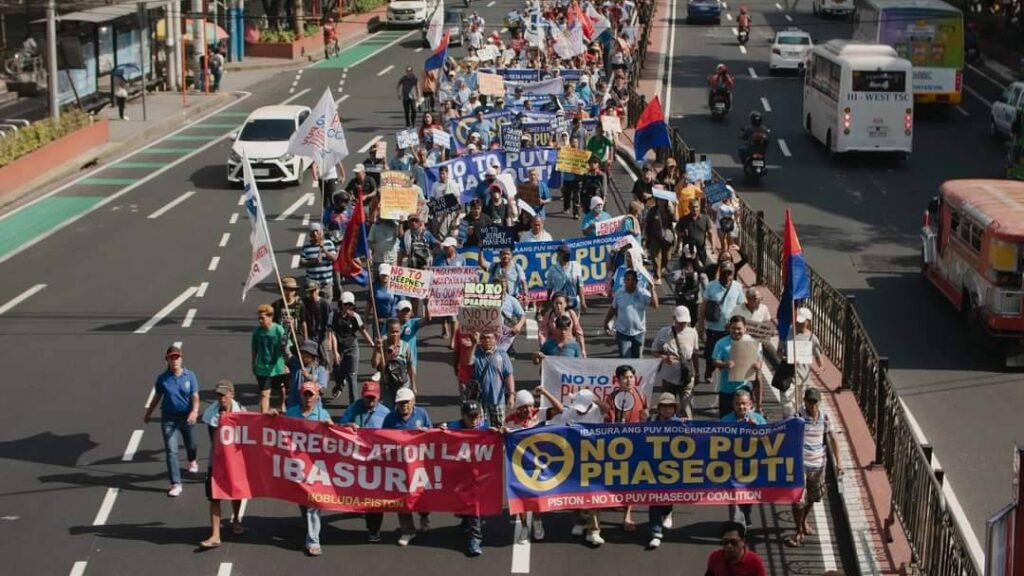The Philippines’ Public Utility Vehicle (PUV) Modernization Program remains controversial. LTOP President Orlando “Ka Lando” Marquez Sr. claims that more than 80% of operators support the program, but some operators disagree. In response, Marquez suggested that those who disagree with the modernization program should run for president in 2028 to implement their preferred policies.
He stated on Teleradyo Serbisyo last April 28, “Siguro kung ‘yung gusto nila sila ang masusunod — tutal malapit na ang 2028 — maghanda na lang sila para tumakbo silang presidente para masunod ‘yung gusto nila”
[Translation: “Maybe if they want what they want to be followed — since 2028 is near — they should just prepare to run for president so their desires can be followed”]
However, this approach has sparked criticism.
Marquez, in response to claims that some operators are facing financial difficulties due to the program, denies any such issues, citing his own experience. He underscores the importance of route “rationalization,” a process that aligns vehicle types with passenger demand. However, he does acknowledge a misstep in the program’s initial focus on consolidation (merging operators) before rationalization, a move that has financial implications for some operators.
The dissatisfaction with the PUV modernization program is reaching a boiling point. The Piston transport group has announced a strike from April 29th to May 1st, a significant move to protest the program’s implementation. The Manibela group is also gearing up for separate protests. The end of April also marks the deadline for mandatory consolidation, adding a sense of urgency to the situation and potentially escalating the tensions.






